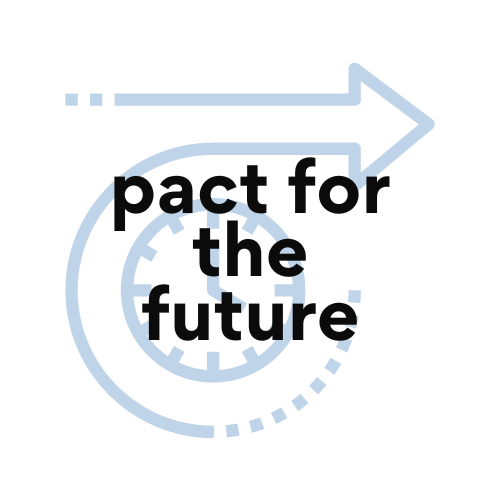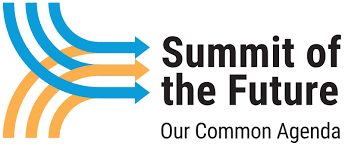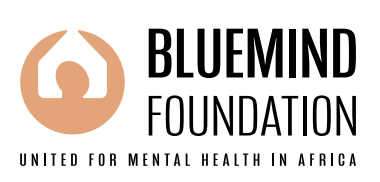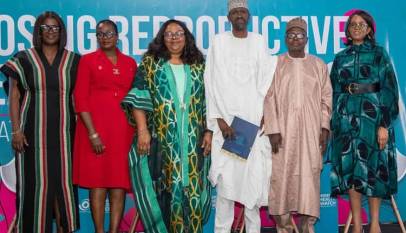OP-ED | Can the Pact for the Future Tackle Rising Human Insecurity, By Richard Ponzio & Nudhara Yusuf
Richard Ponzio and Nudhara Yusuf posit the Summit of the Future (SOTF) represents both a milestone and another step in the long journey toward achieving human security for all, noting that the older generation owe this renewed commitment to collective global action to today’s younger generation and all succeeding generations to fulfill their most urgent human needs, while charting a sustainable course to realize their highest aspirations.

Since the release of the 1993 Human Development Report, the powerful notion of human security has evolved, incorporating principles of justice while elevating nature and technology’s roles in protecting and enriching human life. Still, the United Nations report’s original insight from more than three decades ago still holds true: secure nations require a sense of security, well-being and belonging among their citizens too.
But with only 15 percent of the Sustainable Development Goals (SDGs) on track to be met by 2030, a record 110 million of forced displaced persons last year and hundreds of millions of people facing extreme poverty worldwide, human security is out of reach for far too many. Against this challenging backdrop — including an estimated annual SDG financing gap of $2.5 to $4 trillion — global economic governance needs outside-the-box ideas supporting broad-based greener development.
Introduced by Moussa Mara, the prime minister of Mali and member of the Club de Madrid, the Stimson Center’s new Global Governance Innovation Report 2024 (GGIR’24) examines these and related themes.
With an eye to raising the ambition of this September’s Summit of the Future (SOTF), accelerating the 2030 Agenda and safeguarding human security, while fleshing out ideas in the current Revision 1 of its Pact for the Future outcome document (with Revision 2 expected soon), the report recommends:
• Biennial UN-G20+ Summit on the Global Economy (Biennial Summit): To catalyze socioeconomic recovery from the pandemic, mitigate and manage cross-border shocks and address rising global inequality, world leaders should agree to convene, at the start of the General Assembly’s high-level week in September, a biennial summit with leaders from its 193 member states, the G20 presidency and heads of the UN, World Bank, IMF, WTO and ILO. A small “networked secretariat” led by the UN deputy secretary-general and engaging senior technical staff from these bodies will increase accountability, knowledge-sharing and continuity.
• Increase Multilateral Development Banks’ Lending Capabilities: To partly address massive SDG financing gaps, the executive boards of the World Bank and other multilateral development banks should pursue a general capital increase. Designed to leverage financing from the private sector and other development actors, the report supports calls for substantially increasing multilateral development banks’ lending capacity by at least $500 billion a year. New forms of global public investment, in which all countries can collectively determine spending priorities, further merit consideration.
• An Earth Trusteeship Council for Global Commons Stewardship to follow the Declaration on Future Generations: Instead of the all-but-defunct Trusteeship Council, and comprised of UN member states and other relevant stakeholders (including Indigenous groups and youth), an Earth Trusteeship Council would ensure that the principles of sustainability, human rights and intergenerational equity are integral to UN system decision-making. The Council would apply the Declaration on Future Generations to current and future scenarios and enforce standards to deter global commons’ degradation. To guarantee adherence to the Declaration on Futures Generations’ commitments, the Council would conduct an annual future generations review, modeled on the Human Rights Council’s Universal Periodic Review.

ImPact Coalitions and Summit of the Future Follow-Up
Central to a strategy advancing human security, skillful multilateral diplomacy and the recent formation of ImPact Coalitions — composed of civil society groups and champion governments — will be critical to the adoption of several far-reaching, high-impact global governance reforms. Success also hinges on a robust, closely monitored follow-up effort to support the goals and commitments reached at the summit.
Time is running short, but the networked, worldwide support offered by some 20 ImPact Coalitions created at the May 2024 UN Civil Society Conference in Nairobi offers hope for the September summit. These platforms bring together civil society, international organizations, governments and other parties to take action-oriented approaches to such diverse issues as international financial architecture reform, artificial intelligence, peace-building and future generations. At their core, they support countries that want to promote pathbreaking global governance ideas.
The Summit of the Future represents both a milestone and another step in the long journey toward achieving human security for all. Reflecting the decades-long multilateral transformation underway, world leaders who take on the current toughest global challenges will be joined by diverse partners across civil society and the business community. We owe this renewed commitment to collective global action to today’s younger generation and all succeeding generations to fulfill their most urgent human needs, while charting a sustainable course to realize their highest aspirations.
Richard Ponzio is a senior fellow and director of the Stimson Center’s Global Governance, Justice and Security program while Nudhara Yusuf is the global governance innovation network facilitator with the Stimson Center’s Global Governance, Justice and Security program. This Op-Ed article was originally published by PassBlue is an independent, women-led nonprofit multimedia news company that closely covers the US-UN relationship, women’s issues, human rights and peacekeeping etc.

















